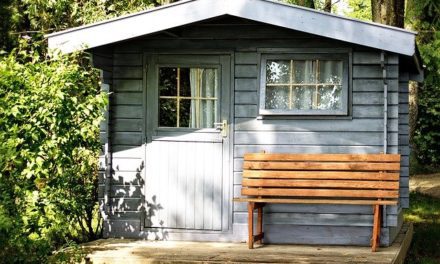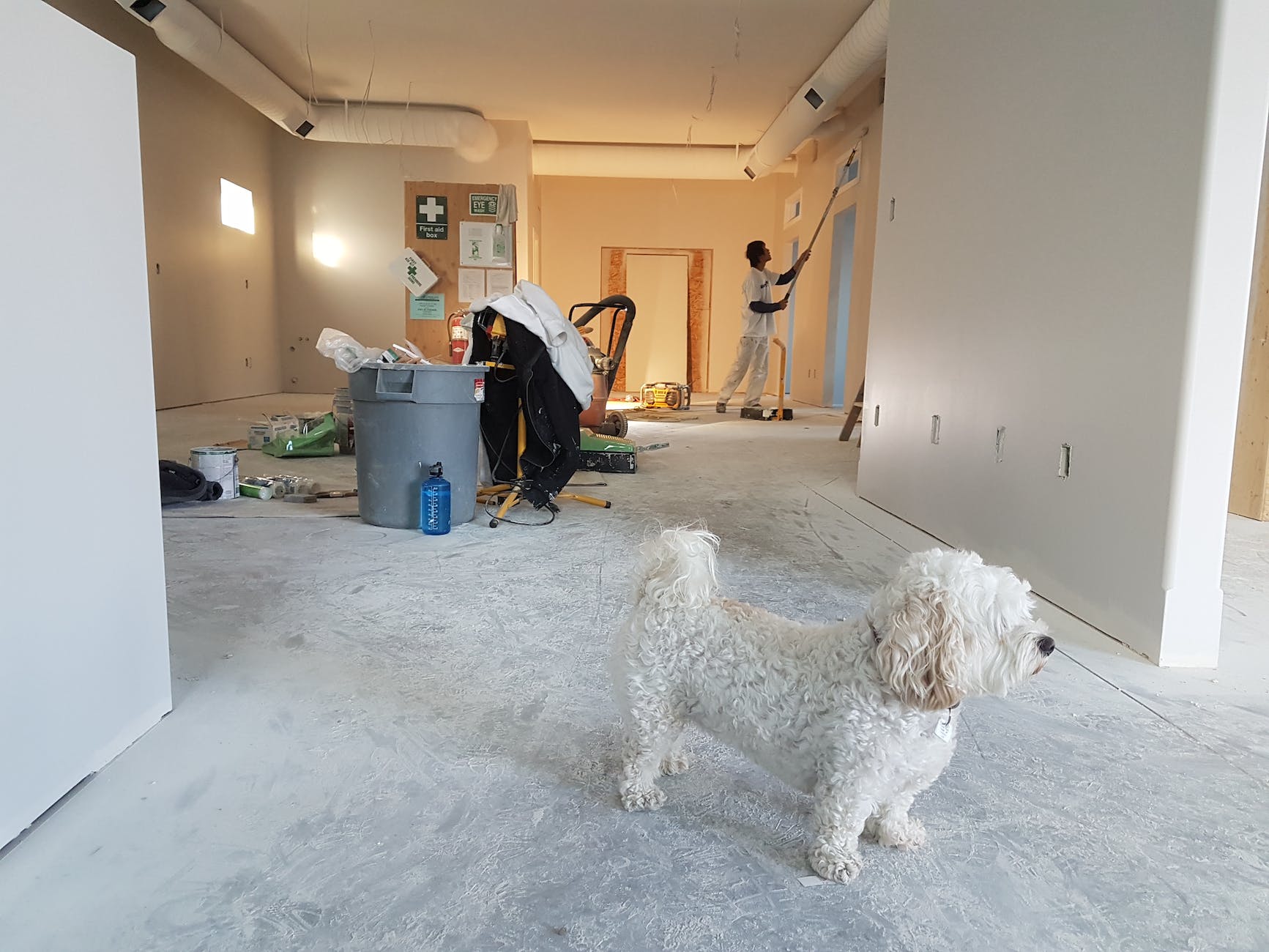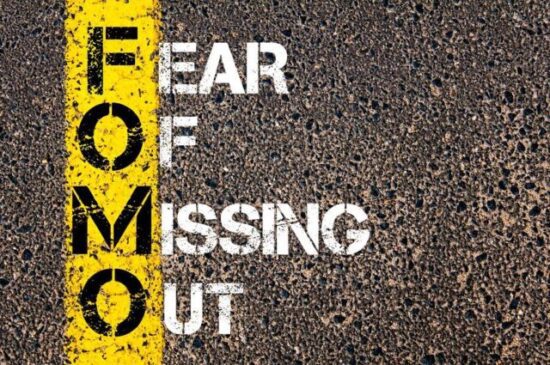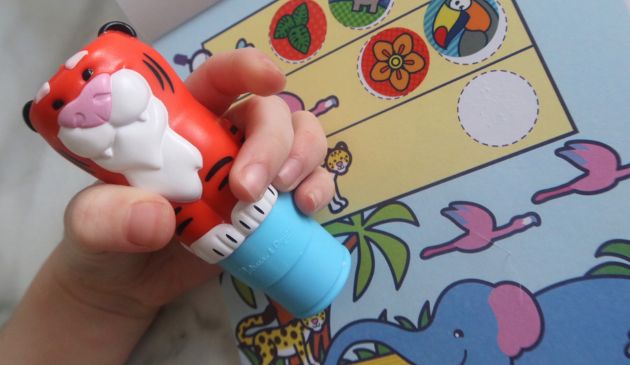
How to Financially Cope in a Crisis

This is a collaborative post
Recent events have taken the world by surprise. Now that many businesses are closing and stockpiling is becoming more of a necessity, a lot of people are starting to worry about their financial health on top of their physical health. If you’re not making an income, how are you going to pay for essentials – or indeed your bills?
Here are just a few financial tips for getting through the unknown over the next few months:
Prioritise the essentials
Now that the virus is becoming more widespread, more people are self-isolating and stockpiling is becoming more necessary. When buying foods and household items on a tight budget, focus on the essentials. Compare multiple online stores to get the best deals (as well as seeing what is available). Don’t feel that you need to go crazy – you don’t need six bags of pasta for two weeks of isolation.
Talk to your creditors
When it comes to bill payments, it could be worth talking to your creditors. This includes rent, mortgage, energy bills, insurance, loans and any other bills you think you may not be able to afford. Given the circumstances, many providers and lenders are currently offering discounts or allowing people to delay their payments. Warn your creditors in advance, otherwise you may not be entitled to these offers.
Check that you’re insured
Many people are having to cancel travel plans. It could be worth checking that you’re insured in such instances so that you’re likely to get a refund (some banks automatically offer travel insurance to all customers – which many people aren’t aware of). It could also be worth considering coronavirus and life insurance. If the worst happens, you want to be sure that you can afford it.
Reach out to friends and family
If you’re struggling to afford bills or food, don’t be afraid to reach out to friends and family – some of whom may be in a better financial position. Many of them will be willing to help you out if needs be so that you’re not struggling to get by.
Avoid taking financial risks
Now is not the time to gamble away your money. Similarly, you should steer clear of investing in stocks – just because prices are low and a friend has recommended investing doesn’t mean that it’s a sensible idea. Focus on ways to spend the money that you have. If you don’t have any money at all, borrowing might be your best bet.
Don’t panic
The future is uncertain and there are lots of rumours going around about what may happen. Try not to panic and accept that you may struggle a bit for the next couple months. Focus on living frugally and put your health first (both your physical and mental health). For more information on the coronavirus and how it is affecting mental health, check out BetterHelp.com

















































